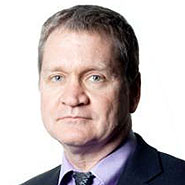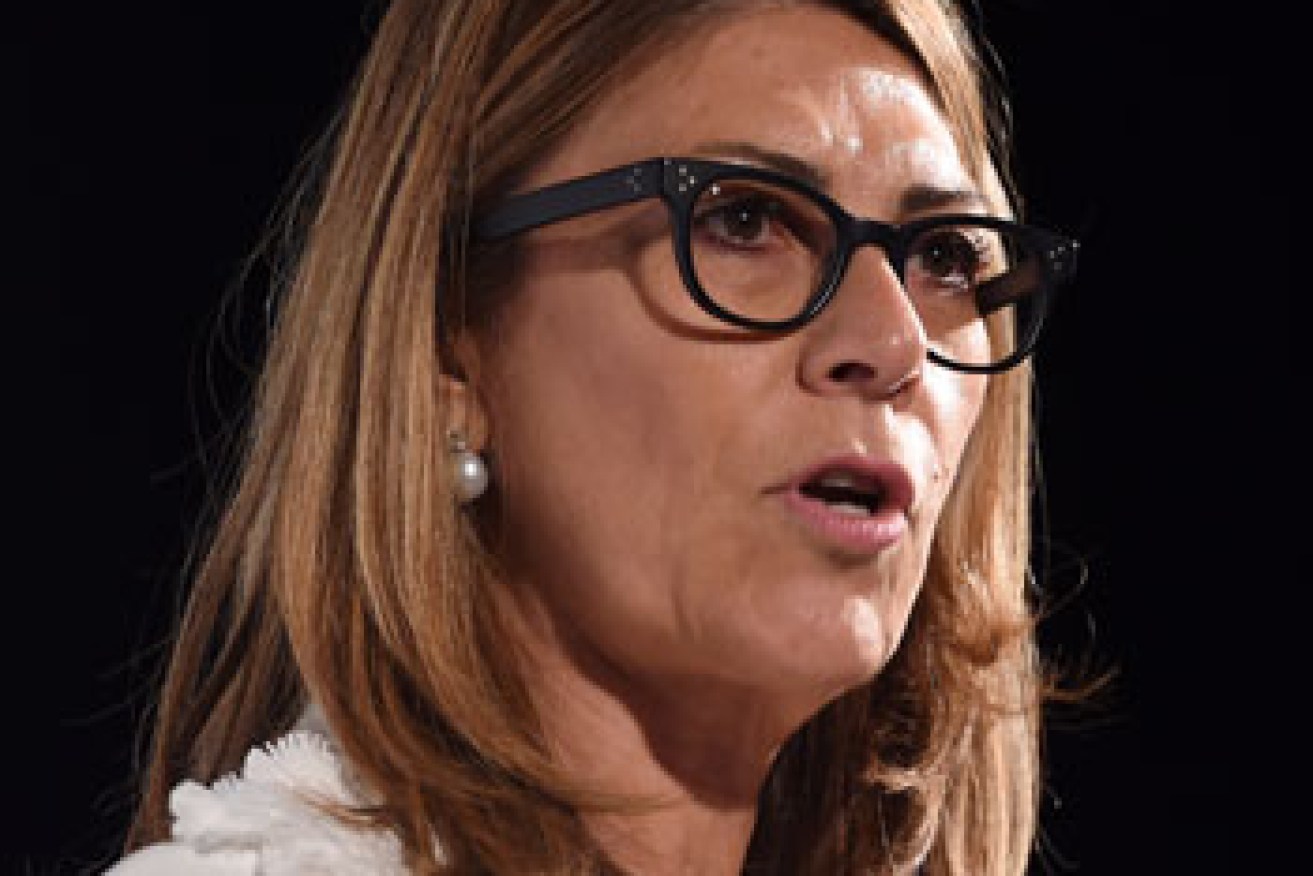Super reforms ‘unfair and dumb’


AAP
The suggestion that low-income earners should be able to “opt out” of the compulsory superannuation system is unfair, discriminatory and just plain dumb.
It would be particularly bad for women and young workers, who have enough trouble building a superannuation nest egg.
It’s unclear which employer group or groups proposed it, in the submissions being made to the Turnbull government ahead of the next federal budget in May.
• Coalition considers slashing super fund capital gains concession
• Govt plan could shave thousands off super balances
• Aussies worried about retirement
But Treasurer Scott Morrison hinted at the idea in a speech he made to the Association of Superannuation Funds Of Australia in November 2015, so maybe the idea first came from him.
In the speech, Mr Morrison said: “Once an adequate retirement income has been secured, there could also be more flexibility for individuals to choose between consumption opportunities during their working life and compulsory saving for retirement.”

Financial Services Council CEO Sally Loane said that super’s objective was to increase standards of living for retirees. Photo: AAP
It’s true that Mr Morrison raised the idea of spending on so-called “consumption opportunities” once an “adequate retirement income has been secured”.
But the idea of an “adequate retirement income” is rubbery and changing the principle of compulsory superannuation for all full-time and part-time employees (plus some casuals) would set a worrying precedent.
Only a minority of Australians will be self-funded retirees in coming decades, and the majority will access the age pension because their retirement savings are inadequate.
The proposal put to the government is said to involve allowing those earning less than $37,000 a year to opt out of receiving the 9.5 per cent compulsory super contributions from their employer.
The idea is that receiving this amount as pay would deliver a pay rise of up to $63 per week.
Now, the government has previously muttered about being able to draw on your super to pay off a HECS debt, or to buy a home. Nothing has happened on either front, so maybe we should not get too alarmed at the kite-flying over low-paid workers.
On the other hand, the government has already frozen the super guarantee at 9.5 per cent instead of the gradual increase to 12 per cent.
From next year, it also will cut the Low Income Super Contribution (LISC) – a $500 rebate each year for people earning under $37,000 which helps boost the super of about 3.6 million low-paid Australians.
What is worrying is that the federal Treasurer does not appear to acknowledge the value of compounding returns – the returns over and above your contributions also earn a return. A bit like interest on your interest.
‘Super is about increasing standards of living for retirees’
The chairman of Industry Superannuation Australia, Peter Collins, argues that super builds a substantial nest egg for the vast majority of Australians through compounding returns over decades of saving.
“The younger you start putting money into super, the more you retire with. This proposal would cost younger workers very dearly in the long run,” Mr Collins said.
The CEO of the Financial Services Council, Sally Loane, said that super’s objective was to increase standards of living for retirees and reduce the cost to taxpayers of Australia’s ageing population.
“Proposals that lower-income Australians should be able to ‘opt out’ of super, or withdraw their super to buy a home, would undermine this objective,” she said.
According to modelling by Industry Super Australia, saving an extra $1 in super now is worth $4.04 to a 20-year-old and $1.69 to a 50-year-old.
At the same time, more superannuation savings means less reliance on the age pension in the future.
With the government in a tangle over tax and negative gearing, it should ease its problems slightly by scotching any opt out clause for the low-paid on superannuation.
Mark Skulley is a freelance journalist based in Melbourne. He was a reporter for The Australian Financial Review for almost 19 years, which included a decade covering national industrial relations and the world of work. View all of his columns here.
DISCLOSURE: The New Daily is owned by a group of industry super funds.









